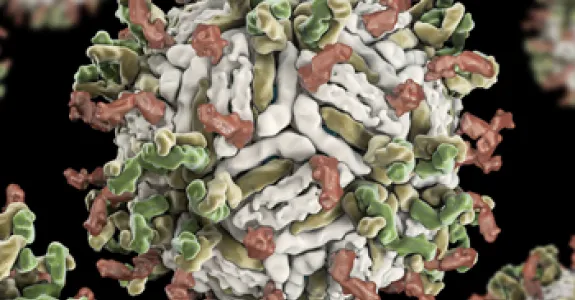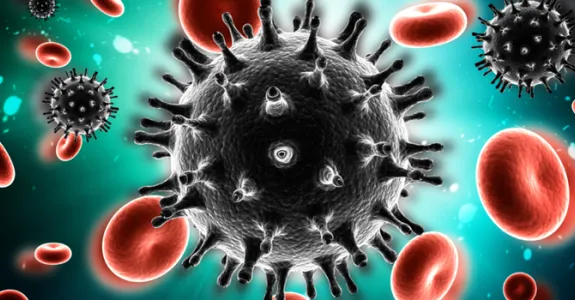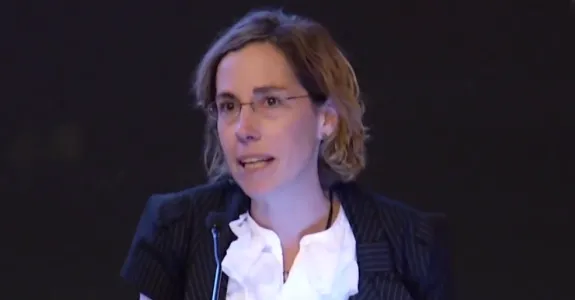
Dr. Shirit Einav's lab's goal is to better understand the roles of virus-host interactions in the viral lifecycle and pathogenesis and identify host functions required by multiple unrelated viruses. This program is combined with translational efforts to apply this knowledge for the development of broad-spectrum host-centered antiviral approaches to combat emerging viral infections. The lab's work has recently provided a proof of concept that effective host-centered broad-spectrum antivirals can be discovered and developed via repurposing. One such approach that emerged from the lab is advancing into clinic for the treatment of dengue and was selected for an “in drawer protocol” for future Ebola outbreaks. Another goal of the Einav lab is to discover critical protective and pathogenic elements of the host response to dengue virus (DENV) and identify a robust set of genes predictive of severe dengue early in the course of infection.
Dr. Einav's group's work combines novel proteomic approaches, with molecular and systems virology, biochemistry, transcriptomic, genomic, cell biology, bioinformatics, immunology, medicinal chemistry and molecular pharmacology approaches to achieve these goals. They focus on hepatitis C virus (HCV), and several acute emerging viruses including DENV, Zika virus, Ebola virus (EBOV), and encephalitic alphaviruses. They utilize both in vitro and in vivo infection models of these viral pathogens either at Stanford or via collaborations.









